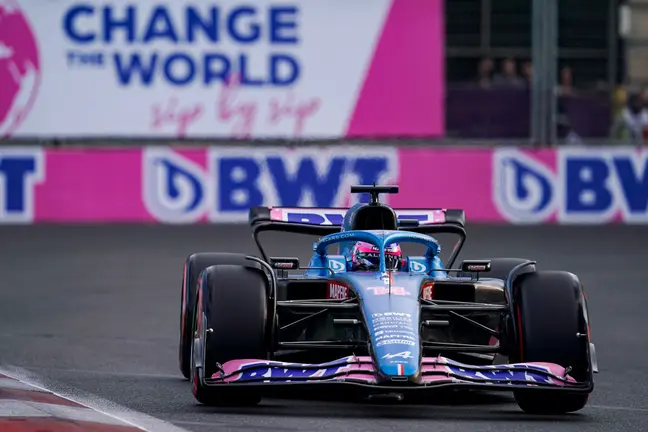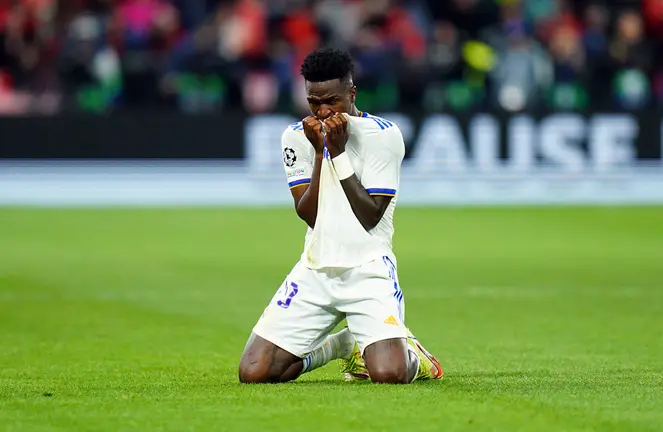Former FIFA president Joseph Blatter managed no more than a brief smile after announcing that Qatar had been elected host of the 2022 World Cup by the executive committee of football's ruling body 11 years ago.
Teams including holders France, Germany, England, Brazil and Argentina have qualified but giving the tournament to Qatar in December 2010 has always been considered controversial.
Many of the FIFA executives at the time are long gone while the tournament is just one year away - amid ongoing human rights concerns and after the match calendar for next season had to be drastically altered to accommodate a first-ever winter World Cup.
The hot summers in the region forced the switch to a 21 November-18 December tournament, leaving teams with virtually no final preparations and many also with a very short rest afterwards.
The small Arab emirate will stage a tournament with short distances, with four of the eight state-of-the-art stadiums alone in the capital of Doha.
Qatar is super-rich on natural gas and has one of the highest GDP in the world but has been lagging behind when it comes to rights of its 2 million migrant workers.
Reforms have been made, with for instance the kafala system tying migrant workers to their employer officially abolished, but the latest report by Amnesty International released on Tuesday speaks of stagnation and highlights the ongoing absence of trade unions.
"Despite introducing important legal reforms, Qatar has still not delivered on its promise to end labour abuses and exploitation of its more than two million migrant workers," the report said.
"The government has failed to rigorously implement the changes, throwing into doubt the pledge by key stakeholders that the World Cup would be a game changer for migrant workers in Qatar."
Reforms
Qatar officials insist the country has undergone more reforms than others in the region and also say that the number of deaths on constructions sites in the country, including the World Cup, is not excessive.
FIFA insists that "the power of football" has helped create change and despite all the criticism there have been no major boycott threats.
"After all the improvements - even if you can't give an all-clear now - a boycott would now be absolutely counterproductive," Dietmar Schaefers, a senior German and international construction trade union official, told Kicker sports magazine.
“A boycott doesn't help the people there."
Human rights banners
Germany and other teams, without explicitly naming Qatar, called for human rights to be observed on shirts and banners ahead of qualifiers in March. They have been urged by human rights groups to continue speaking up.
Bayern Munich fans recently protested against their club's ties with Qatar which has invested millions into world sport and at the weekend hosts its first-ever Formula One race.
Qatar's most visible engagement in sport outside the country is the ownership of Paris Saint-Germain with its superstars Lionel Messi, Neymar and Kylian Mbappe.
In Paris, then French President Nicolas Sarkozy hosted a dinner which featured former UEFA president Michel Platini and the emir of Qatar, Tamim bin Hamad Al Thani.
Qatar landed the tournament shortly after and in the following years several FIFA executives were charged with corruption - but Qatar has always strongly dismissed allegations of wrong-doing.










